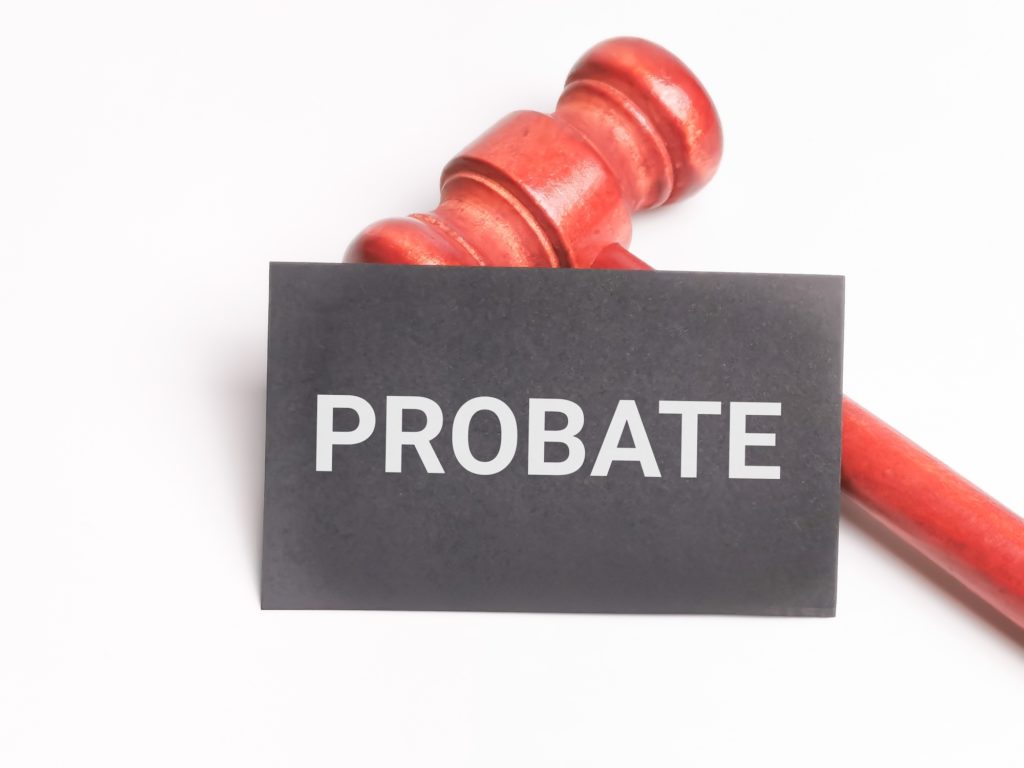 Estate planning is often perceived as something only the wealthy or elderly need to consider. Estate planning misconceptions prevent many people from taking the necessary steps to protect themselves and their loved ones. In reality, estate planning is crucial for everyone, regardless of age or financial status. Let’s debunk some common myths and explore why estate planning is essential for you.“I don’t have much money, so I don’t need an estate plan.”
Estate planning is often perceived as something only the wealthy or elderly need to consider. Estate planning misconceptions prevent many people from taking the necessary steps to protect themselves and their loved ones. In reality, estate planning is crucial for everyone, regardless of age or financial status. Let’s debunk some common myths and explore why estate planning is essential for you.“I don’t have much money, so I don’t need an estate plan.”
This is perhaps the most pervasive misconception. While the complexity of an estate plan may vary depending on the size of your assets, the fundamental need for one remains constant. Even if you consider your assets modest, they represent your life’s work and hold value for your loved ones. A well-structured estate plan ensures these assets, no matter how small, are distributed according to your wishes.
-
Protecting your Assets
 Think beyond just money in the bank. Your “estate” encompasses everything you own – from your car and household belongings to digital assets like online accounts and photos. An estate plan clarifies how these items should be distributed, preventing disputes and ensuring they go to the intended recipients.
Think beyond just money in the bank. Your “estate” encompasses everything you own – from your car and household belongings to digital assets like online accounts and photos. An estate plan clarifies how these items should be distributed, preventing disputes and ensuring they go to the intended recipients. -
Providing for Loved Ones
Estate planning isn’t solely about financial wealth; it’s about providing for the people you care about. It ensures that even small inheritances, sentimental items, or specific personal belongings reach the individuals you want to have them. This can be especially important for items with emotional value that might otherwise become a source of conflict among family members.
-
Naming a Guardian for Minor Children

If you have children, this is arguably the most critical aspect of estate planning. Without a designated guardian, the court will decide who cares for your children in the event of your untimely passing. Your estate plan allows you to choose someone you trust to raise your children according to your values, providing them with stability and security during a difficult time. This decision is crucial and should be made thoughtfully, considering the guardian’s values, lifestyle, and ability to care for your children.
-
Avoiding Probate
 Probate is the legal process of validating a will and distributing assets. It can be a lengthy, expensive, and public process, often involving court fees, legal expenses, and delays in distributing assets to beneficiaries. A well-drafted estate plan, potentially utilizing tools like trusts, can help minimize or even avoid probate altogether, saving your loved ones time, money, and unnecessary stress during an already challenging period. Avoiding probate allows for a smoother and more private transfer of assets.
Probate is the legal process of validating a will and distributing assets. It can be a lengthy, expensive, and public process, often involving court fees, legal expenses, and delays in distributing assets to beneficiaries. A well-drafted estate plan, potentially utilizing tools like trusts, can help minimize or even avoid probate altogether, saving your loved ones time, money, and unnecessary stress during an already challenging period. Avoiding probate allows for a smoother and more private transfer of assets.
“I’m too young to think about this.”
This is a dangerous assumption. While it’s true that younger individuals are statistically less likely to face mortality, life is inherently unpredictable. Accidents, illnesses, and unforeseen circumstances can occur at any age. Planning for the unexpected, even at a young age, is a responsible and proactive approach.
-
Peace of Mind

Creating an estate plan, regardless of your age, provides invaluable peace of mind. Knowing your wishes are documented and your loved ones are protected offers a sense of security and allows you to focus on enjoying life without constant worry about what might happen.
-
Flexibility
 An estate plan is not set in stone. It’s a dynamic document that can be easily updated as your life circumstances change. Marriage, divorce, the birth of children, changes in financial status – all of these life events necessitate revisiting and revising your estate plan to ensure it accurately reflects your current wishes. This flexibility is a key benefit of planning early.
An estate plan is not set in stone. It’s a dynamic document that can be easily updated as your life circumstances change. Marriage, divorce, the birth of children, changes in financial status – all of these life events necessitate revisiting and revising your estate plan to ensure it accurately reflects your current wishes. This flexibility is a key benefit of planning early. -
Avoiding Family Conflict

The absence of a clear estate plan can lead to significant family disputes, especially after a sudden or unexpected death. Grief can be compounded by disagreements over inheritance, guardianship of children, or the distribution of personal belongings. A well-defined estate plan, created while you are able to express your wishes clearly, can prevent these conflicts and ensure a smoother transition for your loved ones.
“I don’t want to think about death or incapacity.”
 It’s understandable to avoid contemplating these difficult topics. However, estate planning isn’t solely about death; it’s about life and ensuring your wishes are respected even if you become incapacitated. It’s about maintaining control over your future and making decisions proactively, rather than leaving them to chance or the courts.
It’s understandable to avoid contemplating these difficult topics. However, estate planning isn’t solely about death; it’s about life and ensuring your wishes are respected even if you become incapacitated. It’s about maintaining control over your future and making decisions proactively, rather than leaving them to chance or the courts.
-
Healthcare Directives & Estate Planning Misconceptions
A crucial component of estate planning is the creation of healthcare directives, also known as a living will or advance healthcare directive. These documents allow you to express your wishes regarding medical treatment in the event you become unable to make decisions for yourself. You can specify the types of medical interventions you desire or refuse, ensuring your healthcare aligns with your values and preferences.
-
Financial Powers of Attorney to Avoid Estate Planning Misconceptions

A financial power of attorney designates someone you trust to manage your finances if you become incapacitated. This ensures your bills are paid, your investments are managed, and your financial affairs are handled responsibly. This is especially important for preventing financial hardship and ensuring your well-being during a period of incapacity.
-
Estate Planning Misconceptions: Maintaining Control
 Ultimately, estate planning is about maintaining control. It empowers you to make informed decisions about your future and ensures those decisions are respected, regardless of what life throws your way. By proactively planning, you are taking charge of your legacy and protecting your loved ones from unnecessary stress and uncertainty. It’s an act of love and responsibility that demonstrates your care for their well-being.
Ultimately, estate planning is about maintaining control. It empowers you to make informed decisions about your future and ensures those decisions are respected, regardless of what life throws your way. By proactively planning, you are taking charge of your legacy and protecting your loved ones from unnecessary stress and uncertainty. It’s an act of love and responsibility that demonstrates your care for their well-being.
In conclusion, estate planning is not a luxury reserved for the wealthy or the elderly. It’s a fundamental necessity for everyone, regardless of age or financial status. It’s about protecting your loved ones, ensuring your wishes are respected, and maintaining control over your future. By addressing these common misconceptions and taking the necessary steps to create an estate plan, you can provide yourself and your family with invaluable peace of mind and security. Consult with an estate planning attorney to discuss your individual needs and create a plan that works best for you. Don’t delay – start planning today.
About Walnut Creek Elder Law in Walnut Creek, California
Michael J. Young is an experienced elder law, estate planning and asset protection planning attorney in Walnut Creek, CA. Mr. Young advises his clients regarding their estate planning needs with an emphasis on asset protection, Medi-Cal qualification, and preservation of assets for various levels of their care as they get older. Mr. Young’s journey into elder law began when his mother suffered from an acute injury that required her to be in a skilled nursing facility. He is co-author of the book, Don’t Go Broke in A Nursing Home and is the author of the “Alzheimer’s Legal Survival Guide.” Mr. Young presents monthly workshops in Walnut Creek regarding estate planning, asset protection, and Medi-Cal planning. He has helped many clients over the years successfully qualify for Medi-Cal and has protected their assets from state recovery. Call today to schedule a consultation (925) 256-0298.


